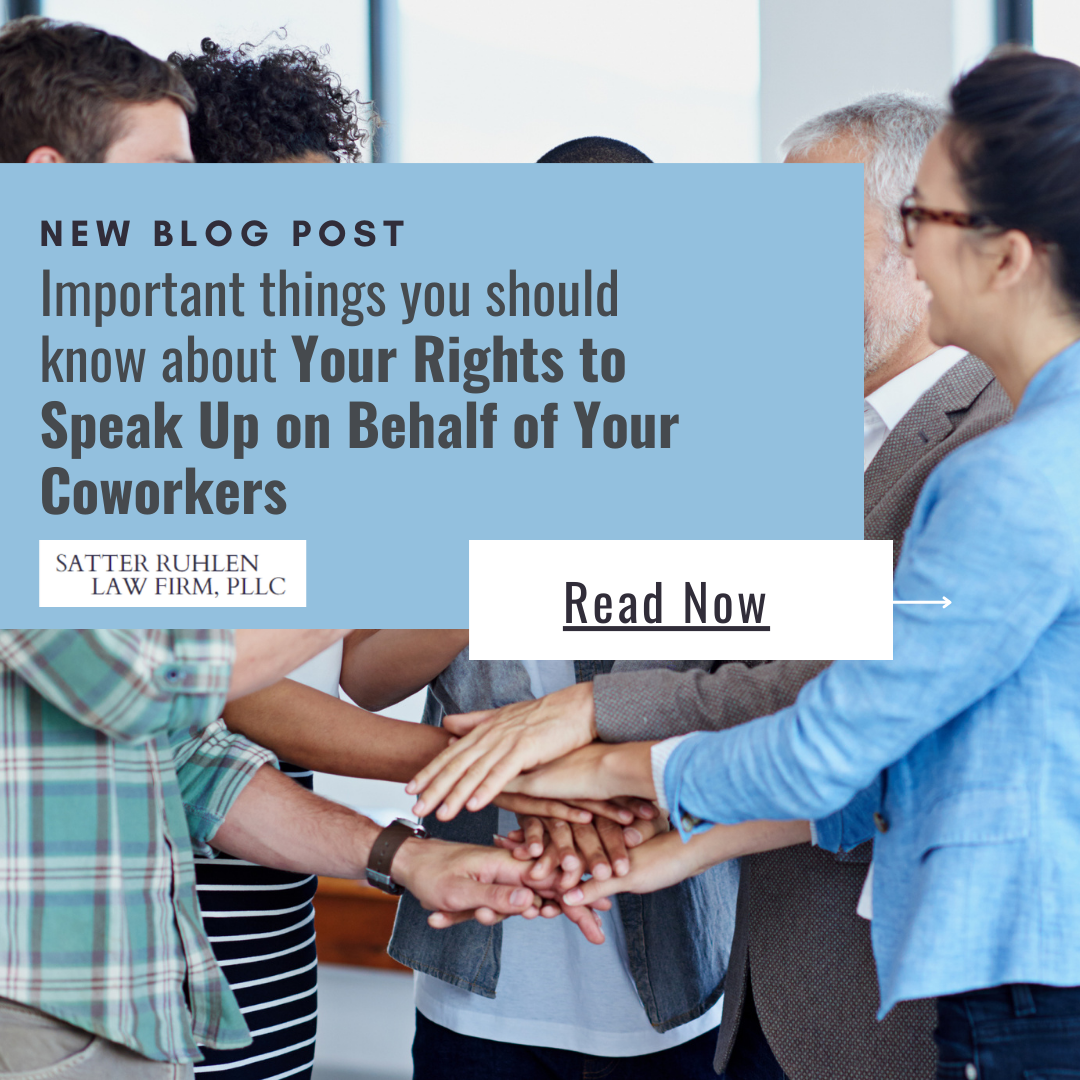
Your employer probably does not welcome your advocating for your colleagues. Whether your advocacy is protected or not depends on what you are discussing, how you say it, and how many other employees it involves.
This is an area of law that flip-flops every few years, so make sure you speak to a reputable workplace attorney!!!
A recent decision by the National Labor Relations Board has expanded the protections for your workplace discussions. It’s complicated, but you may have the right to talk with other employees or the boss about things like workplace safety, your wages, the schedule, or other terms and conditions of employment for the purposes of “mutual aid and protection.” “Mutual aid and protection” is one of those legal phrases that has a special meaning, so you’ll definitely need to speak with a lawyer to know whether a particular comment is protected. Generally speaking, if your comment to coworkers is intended to initiate or prepare for group action, or to bring group complaints to management’s attention, it may be protected.
Discussions that only involve your individual circumstances are not protected. And not every remark made in a group setting is protected. And even if your remark turns out to be protected, it may take months or years of litigation to ascertain that it was protected – during which time you are probably going to be looking for a job.
That said, Section 7 of the National Labor Relations Act gives many private-sector workers a federally-protected right to engage in protected concerted activity for the purposes of mutual aid and protection, and they don’t have to be in a union to exercise that right.
If your boss is on your case for a remark you made about a concern shared by your coworkers, talk to a workers’ rights attorney. It may turn out you have some protection.

